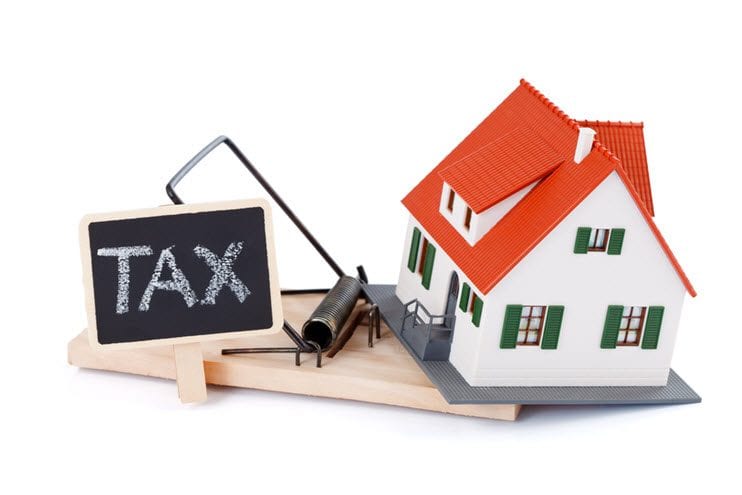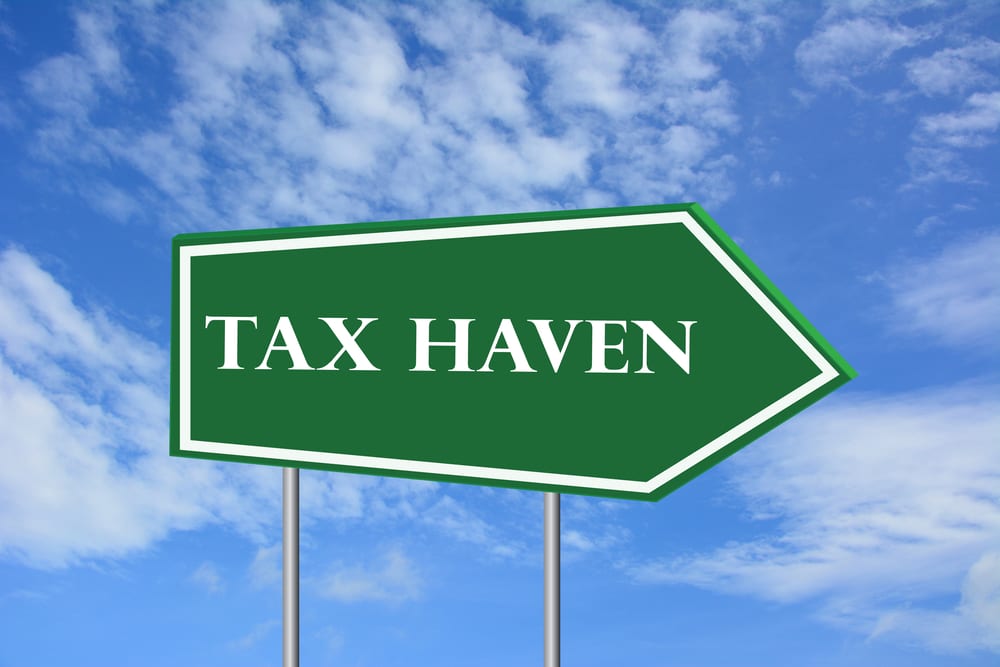How the New Tax Law Affects Homeowners

Congress passed a housing assistance law in July, but some tax rules buried in the law did not receive much attention. Some homeowners will be affected, especially those with second homes or rental houses.
In 1997 the home sale rules were overhauled. On a primary residence, the first $250,000 of capital gains are excluded from income ($500,000 for married taxpayers filing jointly). To qualify for the full exclusion, the “two of five rule” must be met. The seller must have owned the home and used it as the principal residence for two of the last five consecutive years. The ownership and residence periods do not have to be the same or be consecutive. They also do not have to be the two years immediately preceding the sale. If the two of five rule is not met, then a pro rata portion of the gains still are excluded from gross income if an early sale is caused by “unforeseen circumstances.”
The home sale exclusion also is not allowed to the extent the gain is attributable to depreciation deductions taken for using the home for business, such as for a home office or rental.
All of those rules are intact.
The changes affect those who make some business use of their homes.
Under the new rule, the gain cannot be excluded to the extent it is allocated to periods when the home had a nonqualified use, meaning it was not used as a principal residence by the owner or a spouse or former spouse.
Example. A married couple buys a beach house on Jan. 1, 2009, for $500,000. They rent the home for three years until Jan. 1, 2012, and then they move in and establish it as their principal residence. They plan to sell on Jan. 1, 2014. Let’s say the sale price is $1 million.
Under the new rules, they cannot exclude the entire $500,000 of gain. Three of the five years they owned the property it was a rental, which is a nonqualifying use. The home had a qualifying use for only two of the five years, so only two-fifths of the gain, or $200,000, can be excluded from gross income. The rest is taxable as long-term capital gains.
The law is aimed at people called serial home sellers. These individuals exploited the 1997 law by buying and selling homes every few years. Some would buy homes that needed work, fix them up, and sell them for nice profits. Others simply relied on appreciation to generate gains when they sold.
The law also is aimed at owners of multiple homes. Some of these owners plan to liquidate these homes by establishing one as a principal residence for two years, selling, and establishing another of their homes as a principal residence for two years. They plan to use the maximum exclusion for each of the homes over time.
The law does provide exceptions if the owner is temporarily absent from the home for a period not to exceed two years due to a change in employment or health or unforeseen circumstances.
The new restrictions are effective only for sales after 2008 and only for periods of nonqualified use after 2008. This gives homeowners time to reconsider their plans.
Also in the new law is a new tax break that will benefit a number of older homeowners.
Many people who own homes free of debt do not benefit from deductions of real estate taxes. Because they do not have mortgages, they do not have itemized deductions that exceed the standard deduction amount. They take only the standard deduction.
The new housing law allows a property tax deduction for those who take the standard deduction. The additional deduction for state and local real estate taxes paid during the year is a maximum of $1,000 for married couples filing jointly and $500 for others. The deduction cannot exceed the amount of property taxes paid during the year. The deduction is available only for tax year 2008.
![]()





